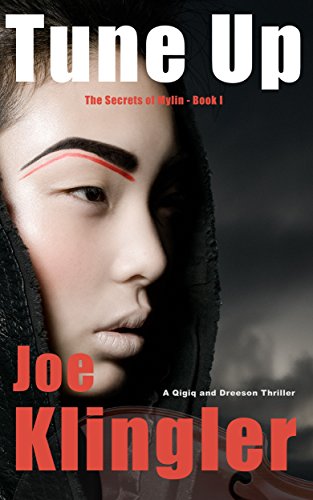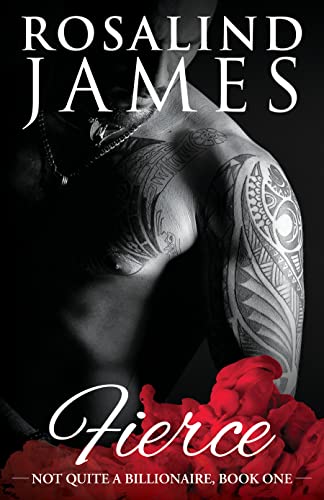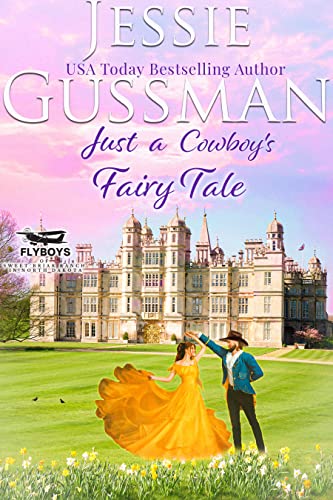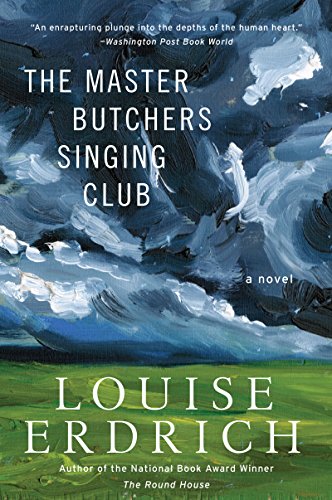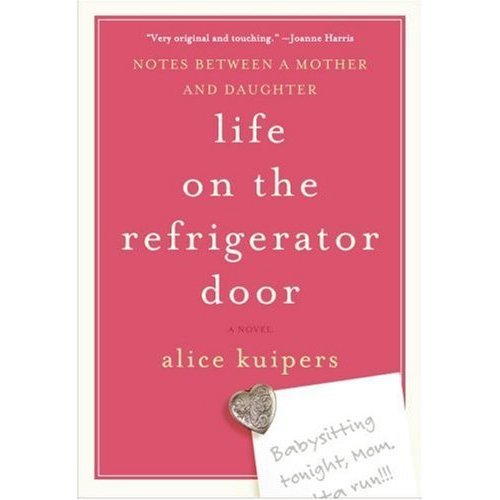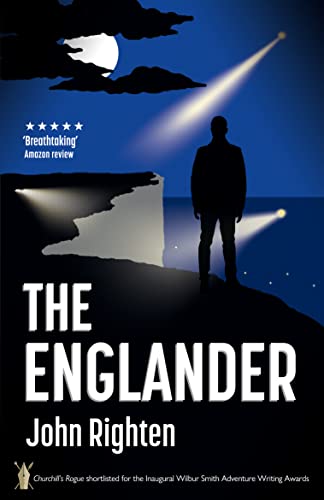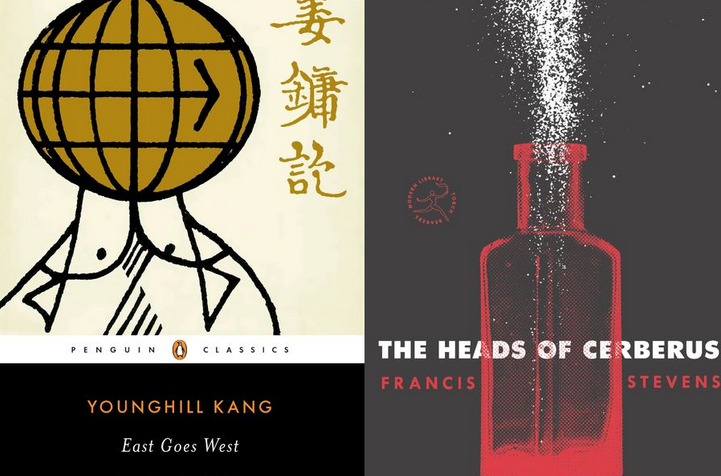Constance Grady from Vox looks at how to publish classic books that aren’t just by dead white men.
As the canon of English literature slowly, gradually opens itself up to books by women and authors of color, Modern Library and Penguin Classics have just launched two new series aimed at rediscovering forgotten books by marginalized people.
It’s an on-trend choice. Over the past few years, more and more people have been announcing their intention to read more books by authors who aren’t straight white men, to focus their reading on people whose voices have traditionally been pushed to the margins. If you’re mostly reading contemporary fiction, that’s not too difficult to do: While publishing continues to skew white and male, especially for literary fiction, there are lots of great writers and publishing houses out there devoted to celebrating voices from the margins.
But if you’re interested in older books, things get harder. Historically, the books written by straight white men have been preserved and made part of what’s thought of as “the canon” of English literature, the important books that everyone reads in school and that are readily accessible to us all — the classics. Books by other people of different identities, meanwhile, tend to get forgotten and ignored.
Part of how we determine the canon comes from what is available to us as readers, which means what publishers have made available to us.
“A chief enforcer of the canon appears in middlebrow anthologies, those hangers on of high culture that in the Victorian period took the form of pop anthologies like Golden Treasury and today that of major college anthologies in America,” Brown University English professor George P. Landow wrote on the scholarly website Victorian Web.
“To appear in the Norton or Oxford anthology is to have achieved,” he wrote, “not exactly greatness but what is more important, certainly — status and accessibility to a reading public. And that is why, of course, it matters that so few women writers have managed to gain entrance to such anthologies” — and, we might add, so few writers of color.
Read full post on Vox

